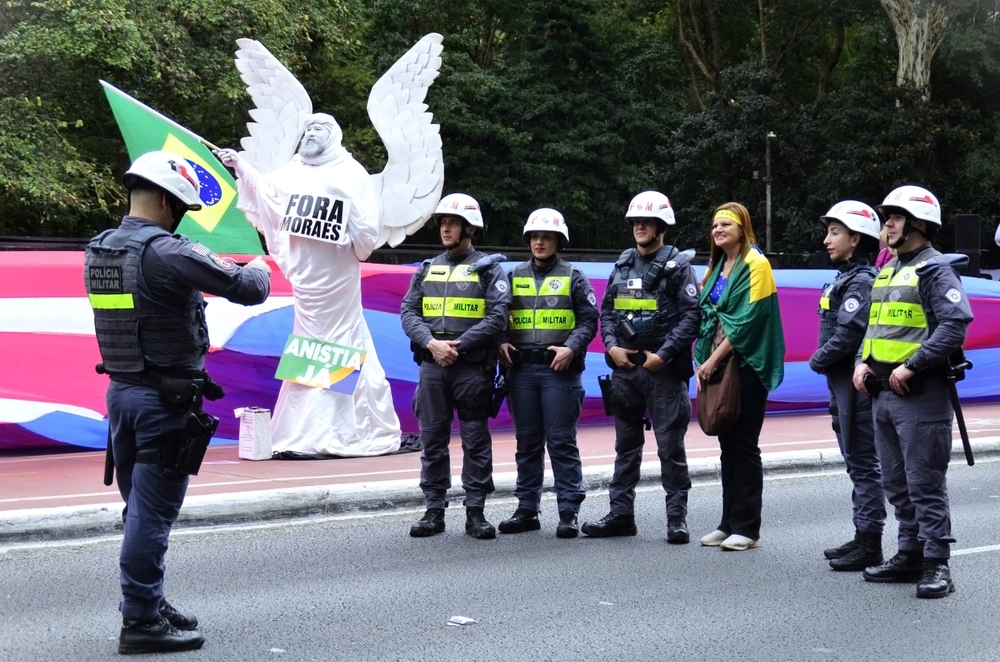Activists described climate impacts in their home countries and demanded youth representation in UN negotiations. Thousands of protesters gathered again outside the COP30 climate conference in Belem, Brazil, forming a peaceful blockade at the event’s entrance.
Brazilian youth groups, indigenous communities, and climate activists marched together to push for urgent action during the high-stakes UN talks. Fridays for Future members highlighted the need for young people to participate directly in decision-making.
Rachelle Junsay from Climate Action Philippines voiced frustration about being excluded. She said young people inherit a damaged planet and deserve a place in the discussions. She argued that decision-makers speak about communities while excluding those who suffer the consequences.
Demonstrators Return After Long Absence
Protesters demonstrated outside the climate talks for the first time since 2021. Their presence disrupted the conference at several moments, even as organizers promoted the event as one that elevates indigenous voices.
Earlier in the week, protesters surrounded the venue twice, including an incident on Tuesday that left two security guards with minor injuries. Organizers scheduled Saturday’s march to stop short of the venue, where a full day of sessions continued.
Many participants welcomed the freedom to protest more openly in Belem compared with recent host nations such as Azerbaijan, the United Arab Emirates, and Egypt. Youth leader Ana Heloisa Alves called it the largest climate march she had ever joined. She said the huge turnout made ignoring public concern impossible.
Alves marched to defend the Tapajos River, which the Brazilian government plans to develop commercially. Her group carried signs declaring that the river belongs to the people.
Growing Demands for Wider Participation
Pablo Neri, a coordinator in Pará for the Movimento dos Trabalhadores Rurais Sem Terra, said organizers should include more voices to reflect a climate movement increasingly driven by popular participation.
The climate conference is scheduled to run through Friday, 21 November. Analysts and some attendees said they expect no major new agreements but hope for movement on unmet commitments, including financial support for poorer nations facing climate impacts.
The United States chose to skip the event. President Donald Trump dismissed climate change as a hoax and withdrew the country from the 2015 Paris Agreement, which aimed to limit global warming.


